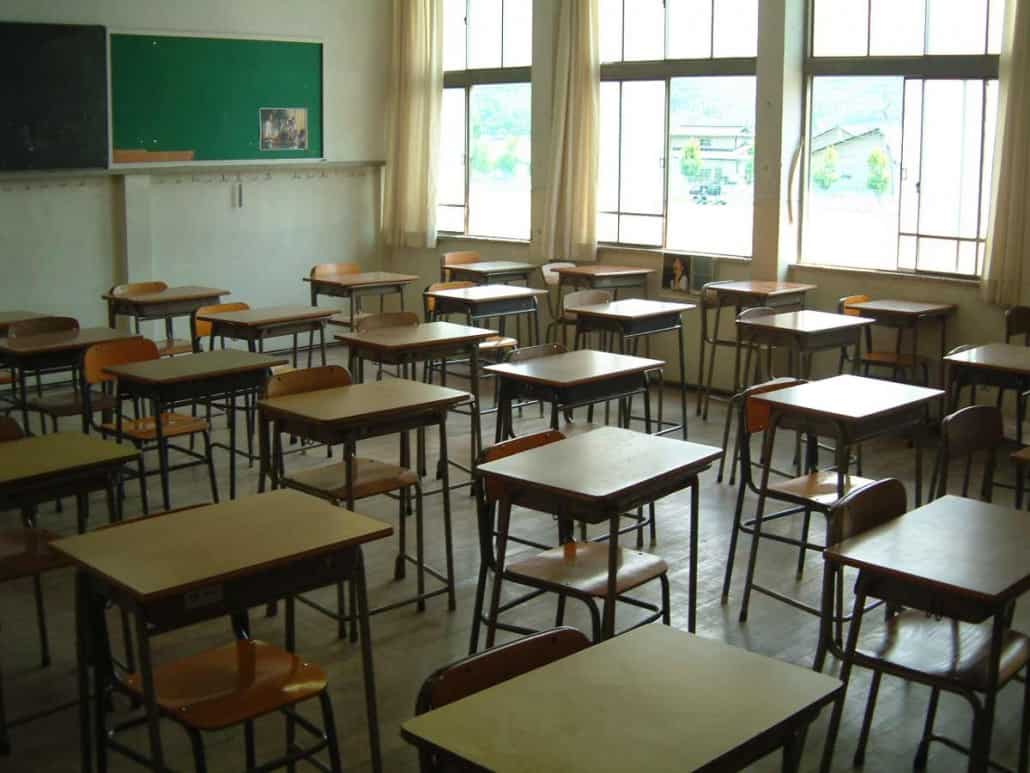
For its determined efforts to root out dishonest conduct at examination centres for these important exams, Corruption Watch names the department our hero of the week. Quality assurance and oversight body Umalusi is also part of the investigation process.
Umalusi first revealed in January this year that there were suspicions of group cheating in several provinces across the country, including the above-mentioned as well as Gauteng, Northern Cape, North West, Mpumalanga and Western Cape. After an extensive investigation into the matter was launched, it was revealed however that KwaZulu-Natal and Eastern Cape were the worst offenders.
“A team comprising the Department of Basic Education, Umalusi representatives and provincial education department officials in the affected provinces has completed the first phase of the investigation last week,” said department spokesperson Elijah Mhlanga in January.
He added that they wanted to conclude the process as soon as possible to “allow those learners who are cleared of wrongdoing to continue with their lives and take advantage of opportunities available to them, and to institute the appropriate sanctions against those who are confirmed of wrongdoing.”
At the start of the investigation, over 5 000 candidates were to be probed across the affected provinces.
Umalusi said the department’s special investigative audit report had identified “group copying” in 58 of the 117 centres audited in KwaZulu-Natal and the Eastern Cape.
Mhlanga this week reiterated his department’s purpose for probing the matter, saying that learners who were implicated in the cheating would be allowed to proceed with their education. “The department has no intention to prevent implicated learners from completing their schooling indefinitely; we want these learners to go on to have a bright future.”
The provisions in the examination regulations, he said, stipulate that those found guilty of cheating in the NSC examinations can be excluded from writing the examinations for a period of three years.
“…even one year is a long period of time in the life of a child, and while we want to teach these learners a valuable lesson and create a strong deterrent from future participation in such behaviour, we will also be sympathetic in our approach to the learners and in each case the sanction will be determined by the merits of the case.”
This level of sympathy, however, is limited to the learners. “Principals, teachers and invigilators implicated will face full disciplinary action as they should be more responsible and should be setting a positive example for those intrusted in their tutorship.”
The safety of investigators has also come under the spotlight in KwaZulu-Natal. According to Mhlanga, officials at three of the exam centres being probed were exposed to violent behaviour, with incidents involving the damaging of vehicles, officials being locked in or out of venues and learners protesting against their presence, all in an attempt to intimidate them.
“This kind of behaviour will not be tolerated and law enforcement authorities will be called in to deal with rogue elements perpetuating the violence,” he said. “We have opened a criminal case with the police and those who damaged cars and property will be dealt with in terms of the law.”

